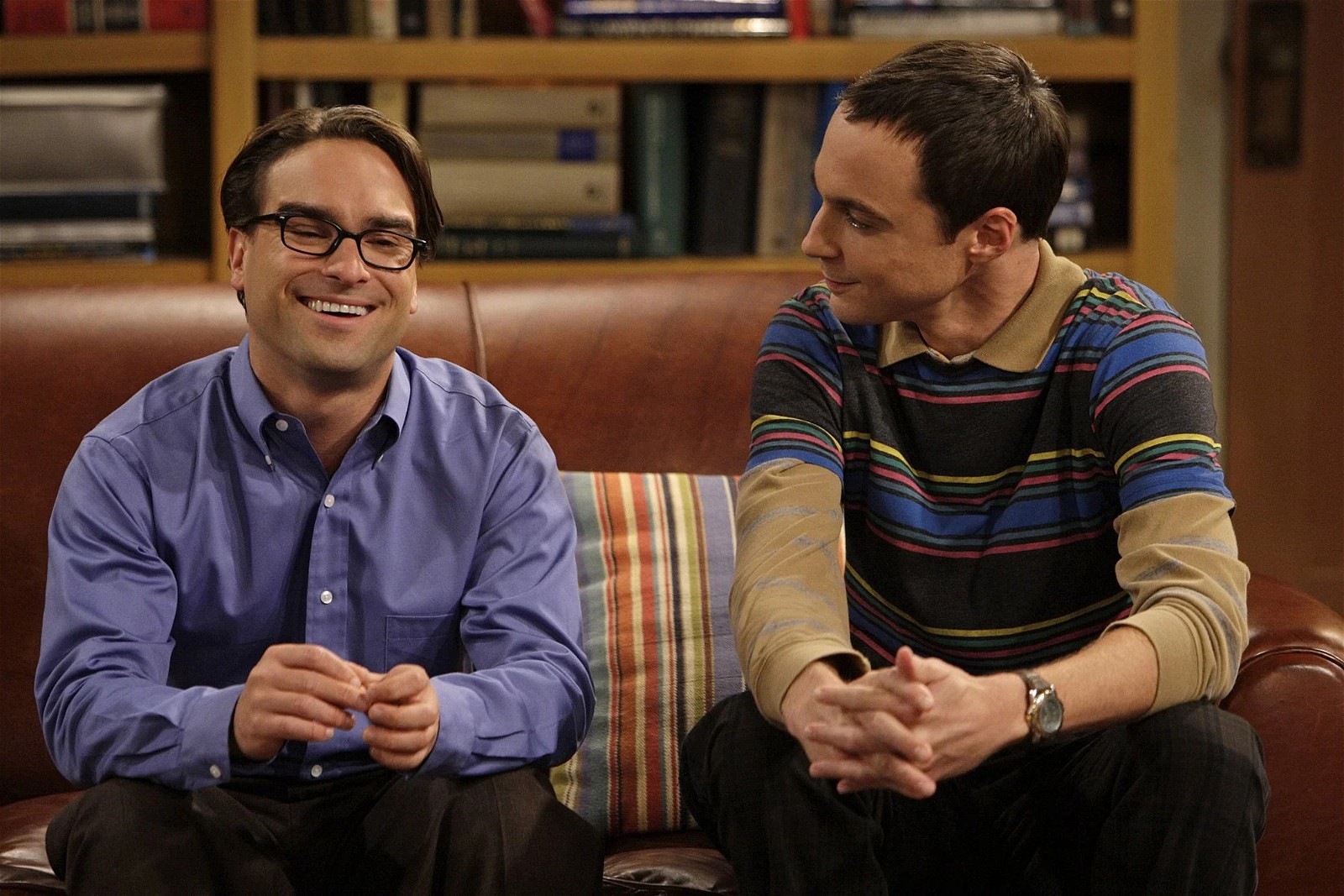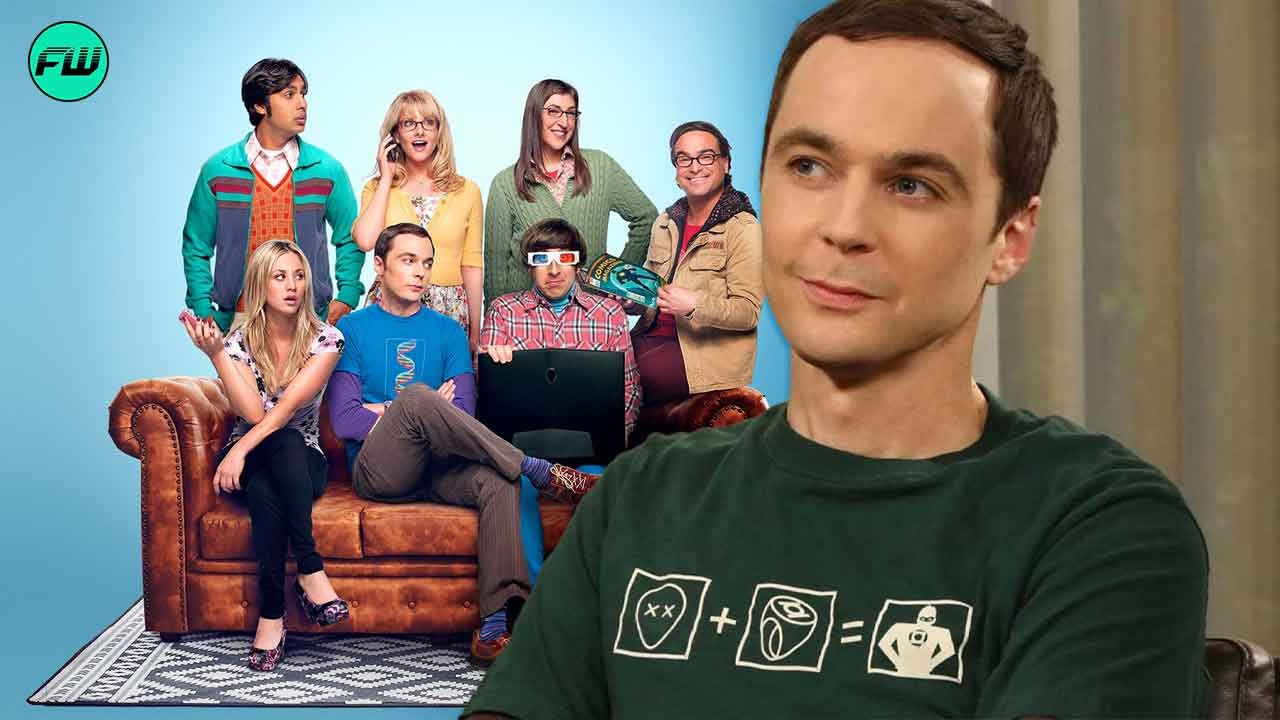When Howard says, “Sheldon, don’t take this the wrong way, but, you’re insane”, perhaps a small crack appeared somewhere along the fourth wall separating the audience from The Big Bang Theory. Centered around a brilliant yet socially inept physicist, Sheldon Cooper (Jim Parsons), the long-running sitcom has never had a dull moment even while delivering winding and elaborate dialogues from characters spouting scientific jargon.
But one of the themes that made the show difficult to watch was Sheldon’s outright sexist comments toward Penny and his female colleagues and his inappropriate remarks or selfish behavior that often made it hard for the group to get along. Why, then, would the gang still find themselves coming back to 4A, and huddling around the coffee table, careful not to sit on Sheldon’s “spot”, and carry forth each time leaving the woes of yesterday behind and starting afresh?

Also read: The Big Bang Theory: Things About Sheldon That Aged Poorly
Jim Parsons Explains Why Sheldon Cooper Can Be Difficult
No other actor could have brought the incredibly well-written and quirky character, Sheldon Cooper, from The Big Bang Theory to the screens better than Jim Parsons. Spending over 12 years on this show, the actor owned the character of Sheldon, executed it to perfection, and understood the brilliance of television’s greatest theoretical physicist in his core ideologies. So, when faced with the question of why his character was blatantly ignorant and hurtful toward his closest friends, Jim Parsons says:
“Sheldon frequently said inappropriate things to people because he didn’t know they were inappropriate. And also the truth, there was nothing to, should be of the cost of truth.”

Also read: Big Bang Theory: Why Was This Scene Featuring Sheldon and Leonard Deleted
This also aligns with a well-placed exposition on the show that managed to inform the viewers that “Sheldon doesn’t know when he’s being mean because the part of his brain that should know is getting a wedgie from the rest of his brain.”
Ever since his accumulated group of friends became a mainstay in his life, Sheldon’s gradual learning process has evolved from his initial dysfunctional and unintentionally toxic behavior into a well-rounded person who understands social cues and can be empathetic towards his friends’ needs. This consequently made the dynamic of the show much better than if Sheldon were to be modeled as a laughing stock or an antagonist of The Big Bang Theory.

Sheldon Cooper Was the Soul of The Big Bang Theory
The weight of brilliance often comes at the cost of a negligible social life that is in turn the consequence of minimal social skills. Disregarding anything that could not be explained rationally or scientifically, the roots of Jim Parson’s character’s evolution were firmly placed in didactic moments where Sheldon logically countered anything that did not suit his sensibilities. As such, his arc as a person who is often selfish and condescending is borne not out of ignorance but from the lack of guidance – something he found much later in Leonard and Penny.

Also read: The Big Bang Theory: 10 Impossible Flaws Fans Chose To Ignore
The factors that balance out the groundbreaking show’s themes and make it accessible for the audience (beyond the obvious comedy) are the relationships that bind the show’s characters through thick and thin, well until The Big Bang Theory‘s very nostalgic end. Even then, it was a feat that Leonard hadn’t succumbed to his desires of metaphorically strangling some sense into Sheldon before the end of the acclaimed show.
That sense of hostility that often arose in the light of the latter’s cluelessness regarding common social norms has created a basis for the dynamic between the group. And for better or worse, the people Sheldon surrounded himself with were able to love him, despite and because of who he inherently was – not just a radically honest person but a friend who was constantly growing, and willing to learn and evolve.
The Big Bang Theory is available for streaming on HBO Max, Apple TV+, and Prime Video.
Source: Them










